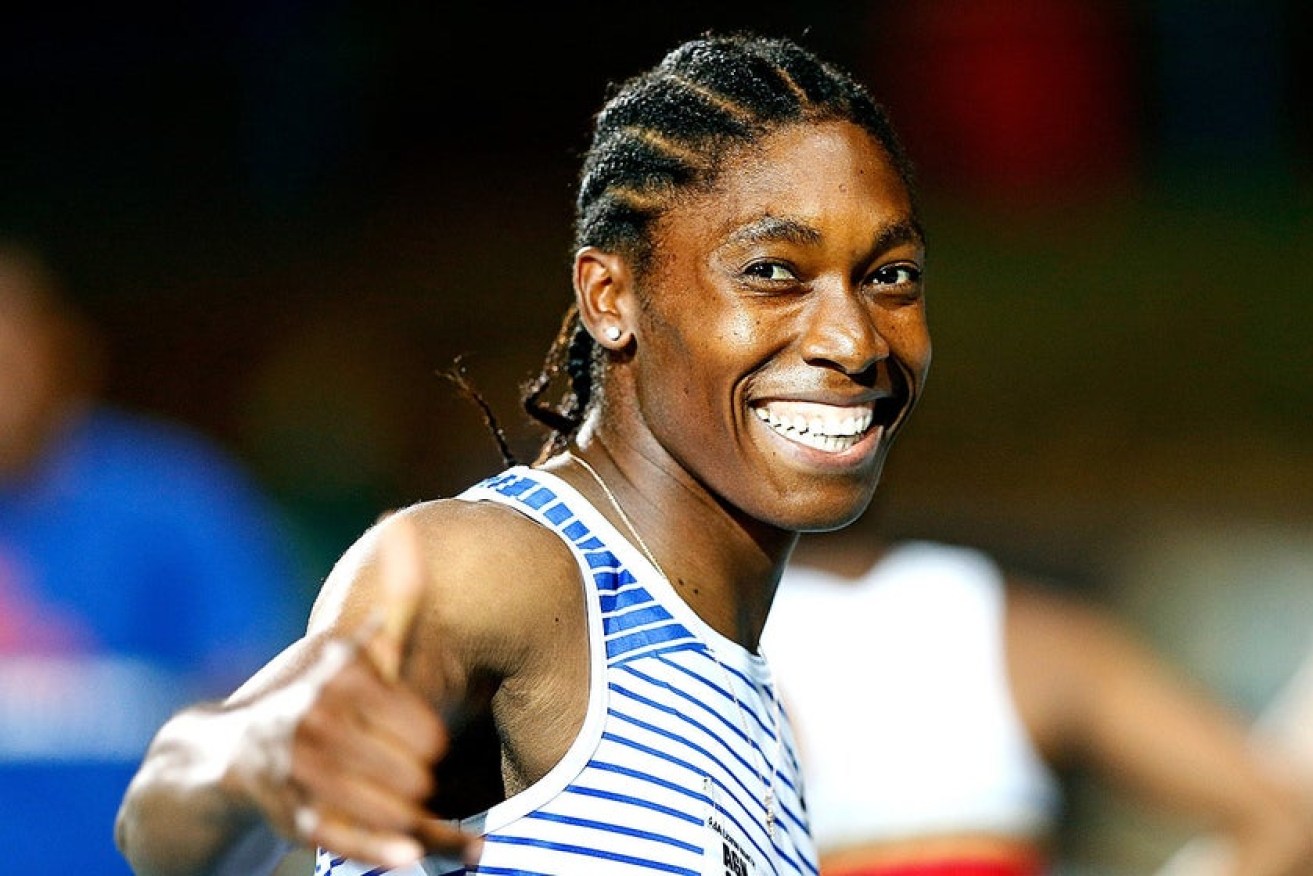New gender framework for trans athletes may open up a Pandora’s box for Olympics
New guidance from the International Olympic Committee on transgender and intersex athletes is set to shake up the world of elite sport, shifting focus away from testosterone levels as a way of deciding eligibility.


South African runner Caster Semenya, who was banned from competing in this year’s Tokyo Olympics after refusing to undergo treatment to lower her testosterone levels, would be supported by the new framework. (Photo: AAP)
The IOC says its new framework on “fairness, inclusion and non-discrimination on the basis of gender identity and sex variations” was aimed at fostering gender equality.
However, legal experts say there could be problems with turning what was a black and white area of eligibility over to sporting bodies to decide.
Sports lawyer Tim Fuller said the IOC had “opened up a little bit of a Pandora’s box” with the move.
“While the IOC Framework may align with human rights considerations, it has received backlash from a number of academics, representatives from sporting associations and athletes,” he said.
He said many had expressed concerns that the policy failed to acknowledge the athletic advantages of transgender women and was not grounded in scientific evidence.
But Fuller, Special Counsel at Gadens, who has represented swimmer Shayna Jack in her battle to be cleared of doping allegations, said there is merit in allowing sporting bodies to “decide on issues that are unique to their sport”.
“Leaving the responsibility to respective sports may be the right call though with trans athletes,” he said.
“For example, tall and powerfully framed trans women in rugby are at a distinct advantage to slighter built players. However, this may not be the case in, say, gymnastics.”
Fuller said the rollout of the framework was bound to spark legal challenges to particular decisions by sporting bodies. However, this was not necessarily a bad thing as it would allow a body of case law to be built up to help guide sporting organisations.
“That is similar to how anti-doping has been guided,” Fuller said, with the Court of Arbitration for Sport making several decisions that have influenced the handling of drugs in sport.
He said South African runner Caster Semenya, who was banned from competing in this year’s Tokyo Olympics after refusing to undergo treatment to lower her testosterone levels, would be supported by the new framework.
The Tokyo Games saw openly transgender athletes compete for the first time at an Olympics.
The IOC issued the new framework after two years of consultation involving more than 250 athletes and other stakeholders.












